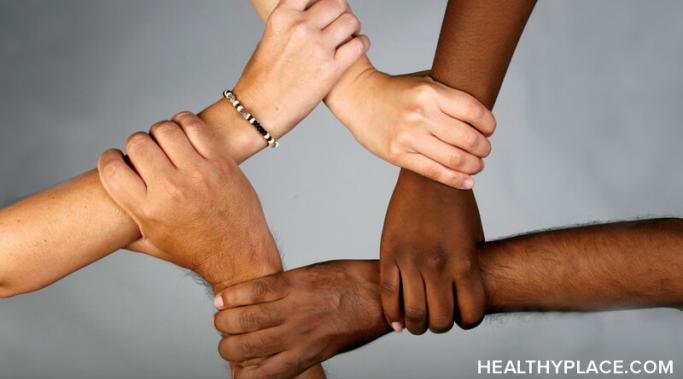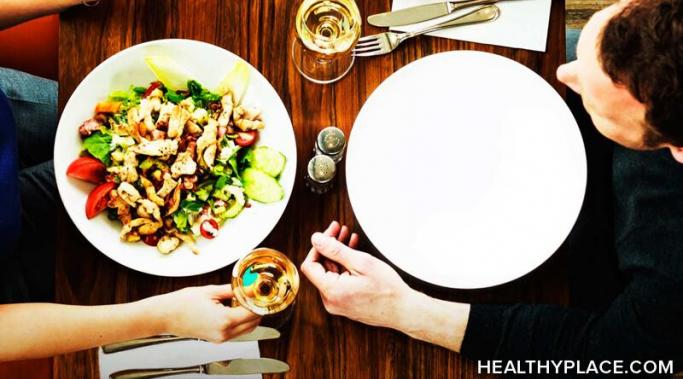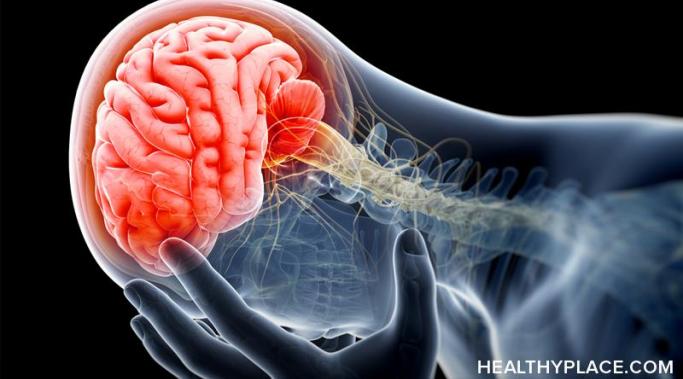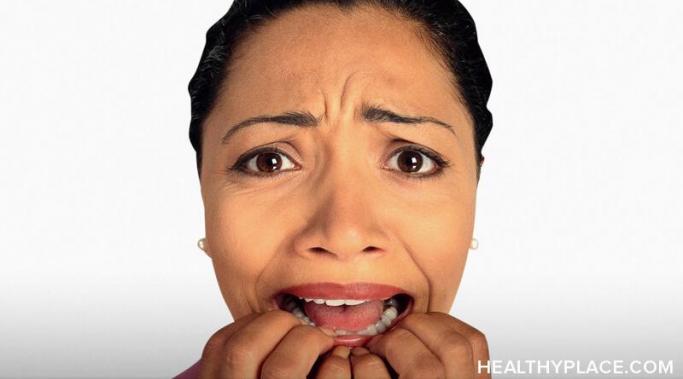You are about to read the final post I will ever write for this blog, and I want to express a heartfelt "thank you" for seven years of "Surviving ED." You came on this journey with me, and I hope we all grew in the process. When I first joined HealthyPlace in 2017, I was a much different person than who I have since become while sharing my milestones and setbacks in eating disorder recovery. To each one of you who consumed these words I wrote, I am so grateful for your presence here.
Coping Skills for Eating Disorder Recovery
Eating disorders can normalize dysfunction to the point where it starts to feel comfortable, even when it's miserable—but the road to healing breaks that cycle of mess and misery. During the years I spent under the influence of anorexia, suffering was my baseline. I resented this pain, but I also pursued it like a magnetic pull into the chaos that seemed predictable, familiar, and secure because it was all I knew. Healing showed me an alternative in which mess and misery is no longer a constant, and inner peace is attainable, no matter the circumstances.
I turned 33 last week, and this occasion has me reflecting on how birthdays feel like milestones in eating disorder recovery. There was a time when I could not even fathom experiencing my 30s—I assumed that my life would be cut short by anorexia, and I was at peace with that. I had no interest in thinking about hopes for the future. I just wanted to shrink myself down as much as I could in the present. But now, birthdays feel like eating disorder milestones.
Being vulnerable does not come naturally to me (in fact, it downright scares me), but I am learning to confront this fear and explore the art of vulnerability in eating disorder recovery. As I grow in self-awareness, I have realized that I know how to be authentic, courageous, honest, and outspoken—but my most tender, vulnerable parts remain securely under wraps. There is an art to vulnerability.
As someone who has been on the healing journey for almost 15 years (and counting), I can assure you that there is no need to rush eating disorder recovery. Of course, this does not mean you should overlook urgent health concerns or delay the search for crucial therapeutic interventions. But once you are in a safe and stable place, the work to heal from those false narratives or unresolved traumas beneath your eating disorder behaviors can take years. This process does not come with a linear time frame, so moving too hastily through it could rob you of valuable growth opportunities. For this reason, I firmly believe there is no need to rush eating disorder recovery.
In recent years, the practice of intermittent fasting has become a mainstream wellness trend—but while it might prove beneficial for some, intermittent fasting is not an option for my eating disorder recovery. I have been thinking about this lately because intermittent fasting sounds harmless at face value. It's a dietary plan that focuses on when rather than what to eat, which seems reasonable. But I am also self-aware enough to know that even well-intentioned parameters or structures around eating can turn into full-blown restriction. So, intermittent fasting in eating disorder recovery is not for me.
It feels like I write an article on this topic at least once a year—but as someone who has dealt with sexual assault and a lifetime of body image pressures, I will return to the keyboard once again as society continues to devalue women's (anyone who identifies as such) bodies. So, why am I talking about it this time? The answer is simple: Because it's hard to escape the stark reminders that women's bodies are often not seen as culturally valuable or worth protecting. The devaluing of women's bodies infuriatingly continues.
The voice of my eating disorder (ED) often tries to influence what I think, feel, or believe about myself—but ED thoughts do not have to become actions, no matter how persuasive they sound. An ED thought only has power if I choose to accept its narrative and react accordingly.
Learning how to make the shift from rigid to flexible behavior is a crucial part of eating disorder recovery. But I will be upfront about this: I am not a naturally adaptable or flexible person. I consider myself a creature of habit, someone who finds comfort in strict routines and stable environments. I structure my life in precise, meticulous detail—from the location in my house where I work, the times I eat and exercise, to the number of steps I take on a daily basis. Therefore, shifting from rigid to flexible behavior in eating disorder recovery is no simple task.
It took me several years of personal growth and cultural awareness to realize there are systemic barriers to eating disorder treatment. My battle with anorexia was painful and tumultuous, but access to therapeutic interventions made the healing journey feel possible. While I am immensely grateful for this, I also cannot brush aside the conspicuous reality that certain prohibitive eating disorder treatment barriers still exist.









